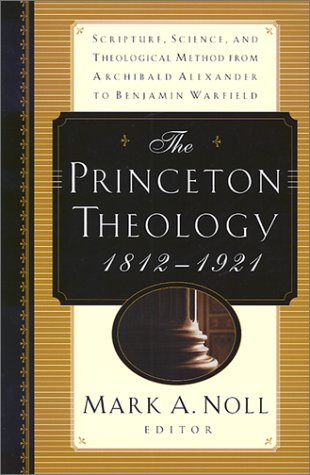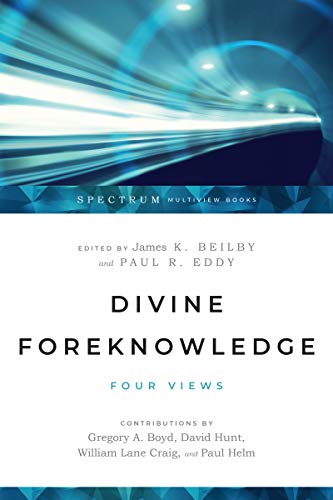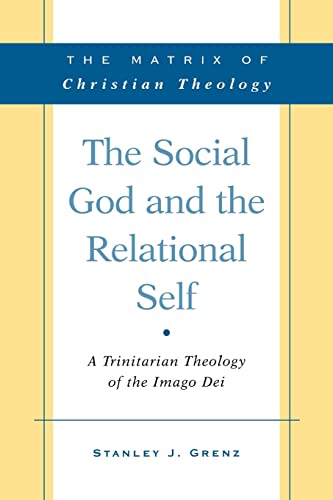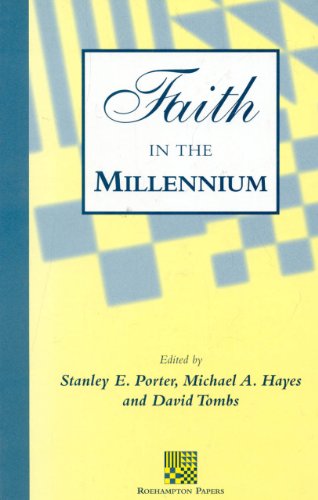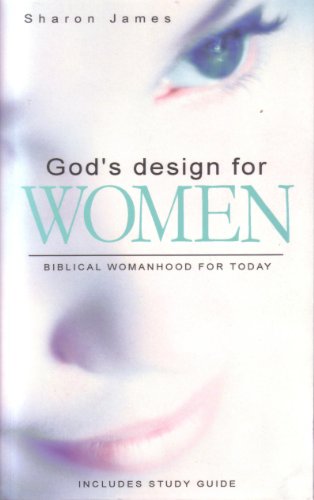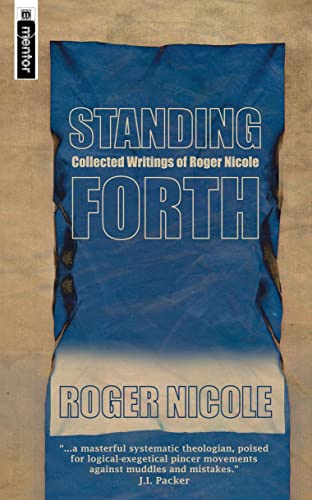THE PRINCETON THEOLOGY 1812–1921: SCRIPTURE, SCIENCE, AND THEOLOGICAL METHOD FROM ARCHIBALD ALEXANDER TO BENJAMIN WARFIELD
Written by Mark A. Noll (ed.) Reviewed By Lee GatissAccording to Noll, ‘Evangelicals still await a treatment of Old Princeton that is as sophisticated and as refined as the work of the Princetonians was itself’ (43). This is sadly all too true. Reference to the great men of Princeton Seminary—Archibald Alexander, Charles Hodge, A.A. Hodge and B.B. Warfield—is limited in much contemporary evangelical literature to criticism of their supposed rationalism. Their apparently fatal dependence on the presuppositions of the Enlightenment, and their debt to Scottish Common Sense Realism, have been made the basis for a dismissive appraisal of their work and that of others who stand in the same tradition. Yet (as the esteemed editor of this journal once wrote) this is the ‘confessional scholarly tradition which arguably provides much of the most important intellectual input into modern evangelicalism’.
Noll himself argues, in an excellent introduction to this appetising anthology, that the Princetonians were by no means at the mercy of Enlightenment philosophy because of their ‘fidelity to Scripture and Reformed traditions’ (33). Indeed, these ‘learned advocates of a historic Calvinist theology’ (7) ‘with all their hearts distrusted the Enlightenment’ (11). This is well demonstrated by the various (abridged) selections from their writings, accompanied by helpful introductions which place each one in its historical context. The selections are limited to the subjects of the doctrine of Scripture, theological method, the interplay of theology and science, and (strangely omitted from the book’s subtitle) polemical writings such as book reviews. This is a justifiable limitation in that these areas give us the greatest insight into the Princeton theology as a distinctively nineteenth and early twentieth century phenomenon.
Men of prodigious learning and prolific pens, those who held the principal chair of theology at Princeton were not only skilled in systematic theology and apologetics, but also in the biblical languages (‘of more importance to the theological student than all the commentaries which have ever been written’ says Alexander on p. 83); they were also more than cognisant of the challenges posed by the great intellectual and scientific movements of their own day. Deism, Descartes, and Hume, Darwin, Finney, and Schleiermacher all come under scrutiny. Yet fundamentally we learn that these men were passionately committed Christians, able to write with warm emotive devotion as well as great theological precision. As Warfield himself said, ‘we wholly misconceive the facts if we imagine that the development of systematic theology has been the work of cold, scholastic recluses, intent only upon intellectual subtleties’ (260).
The selections and notes are the same here as in the first (1983) edition, but with an augmented bibliography and lightly revised introduction. It is surprising, given the importance placed on it by some secondary literature, that no mention is made (either in the discussion of it on pp. 29–30 or in the augmented bibliography) of the recent publication of Francis Turretin’s Institutes of Elenctic Theology in English translation (three volumes published by P. & R. in 1992, 1994, and 1997). There is a spelling mistake on the very first page of the preface, an error in the Hebrew on page 282, and not all typographical errors have been spotted in this second edition which is a shame. It also seems quite odd for a book published in 2001 to retain the editorial reference to the twentieth century on page seven.
The impression of weightiness is removed from many of these articles by the omission of scholarly references that were in the original, and it would certainly have been a bonus to have included some of the thorough biblical exegesis produced by the Princetonians (especially in Selection 25 on ‘inspiration’). Notwithstanding these quibbles, many of the 31 essays in this volume are not readily available elsewhere (for instance, only about half of Warfield’s output of articles, reviews, and monographs is included in the 10 volume set of his works), which makes this a very useful volume to have.
One reviewer of the 1983 edition expressed his hope that future discussions of biblical authority would be better informed of the contributions of the Old Princeton as a result of this fine collection. Sadly that has not always been the case because too many of those discussions have relied on the often erroneous conclusions of secondary sources. Going back to the primary documents is always a much more intellectually satisfying and spiritually edifying experience, for which we should be grateful to the editor of this volume.
Lee Gatiss
Lee Gatiss is associate minister of St. Helen’s, Bishopsgate in London and editor of The Theologian: The Internet Journal for Integrated Theology (www.theologian.org.uk). In Autumn 2009 he plans to begin a PhD at Cambridge University in seventeenth-century biblical interpretation.


